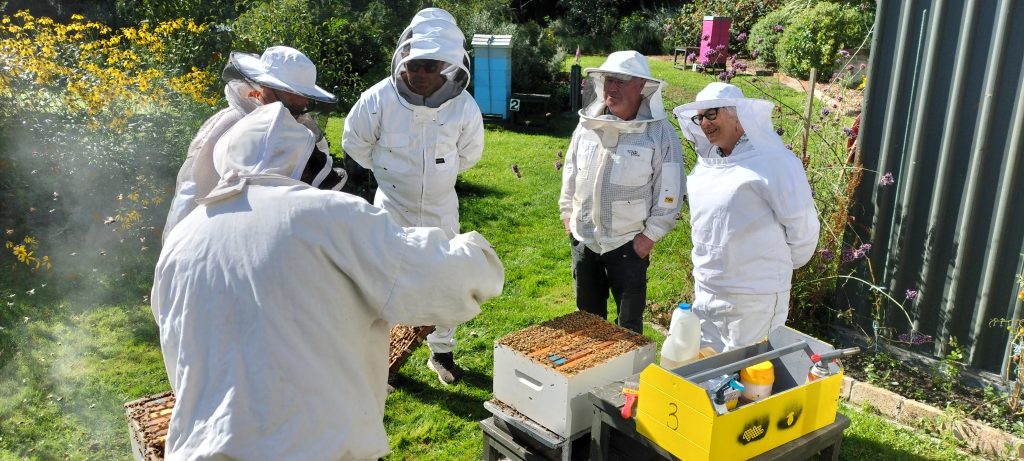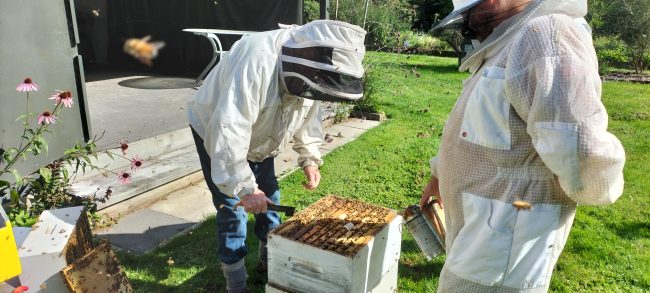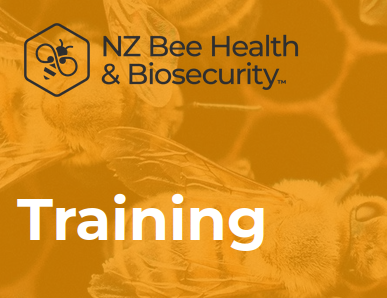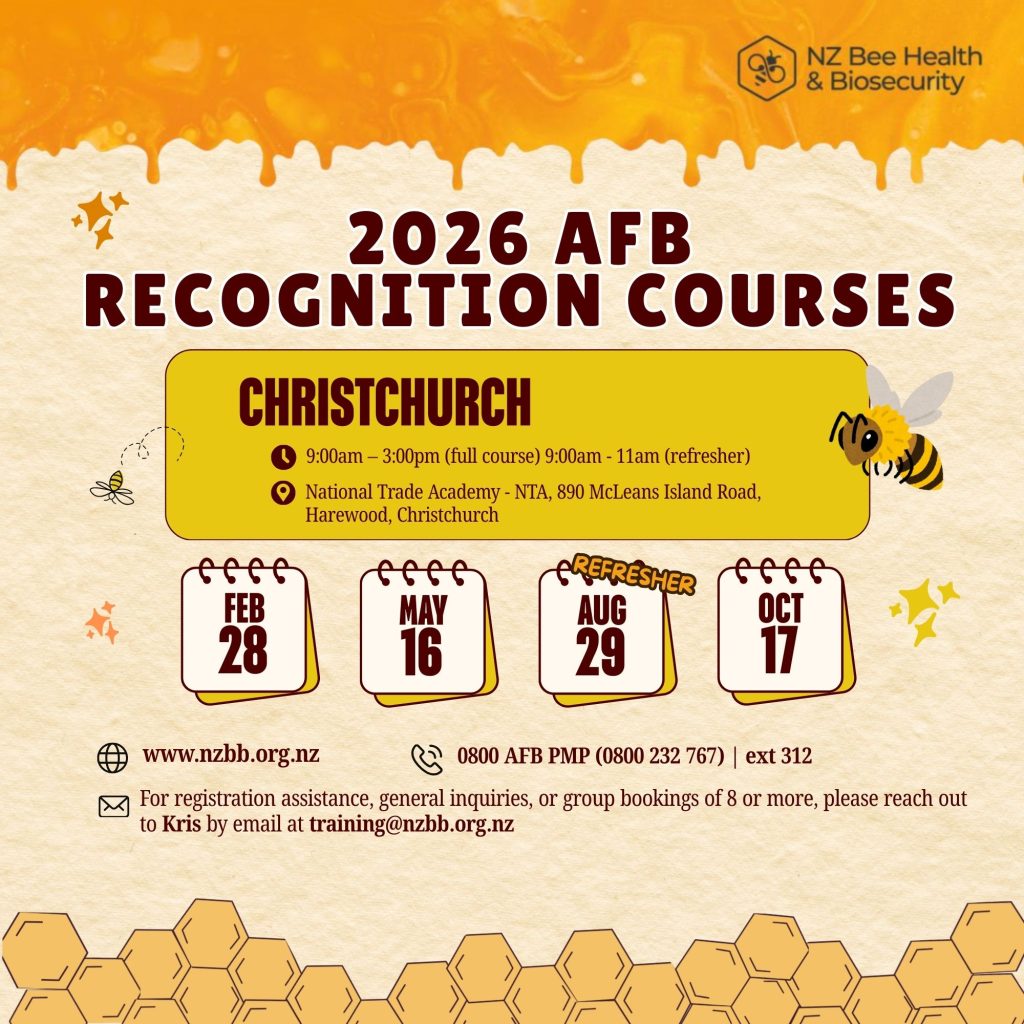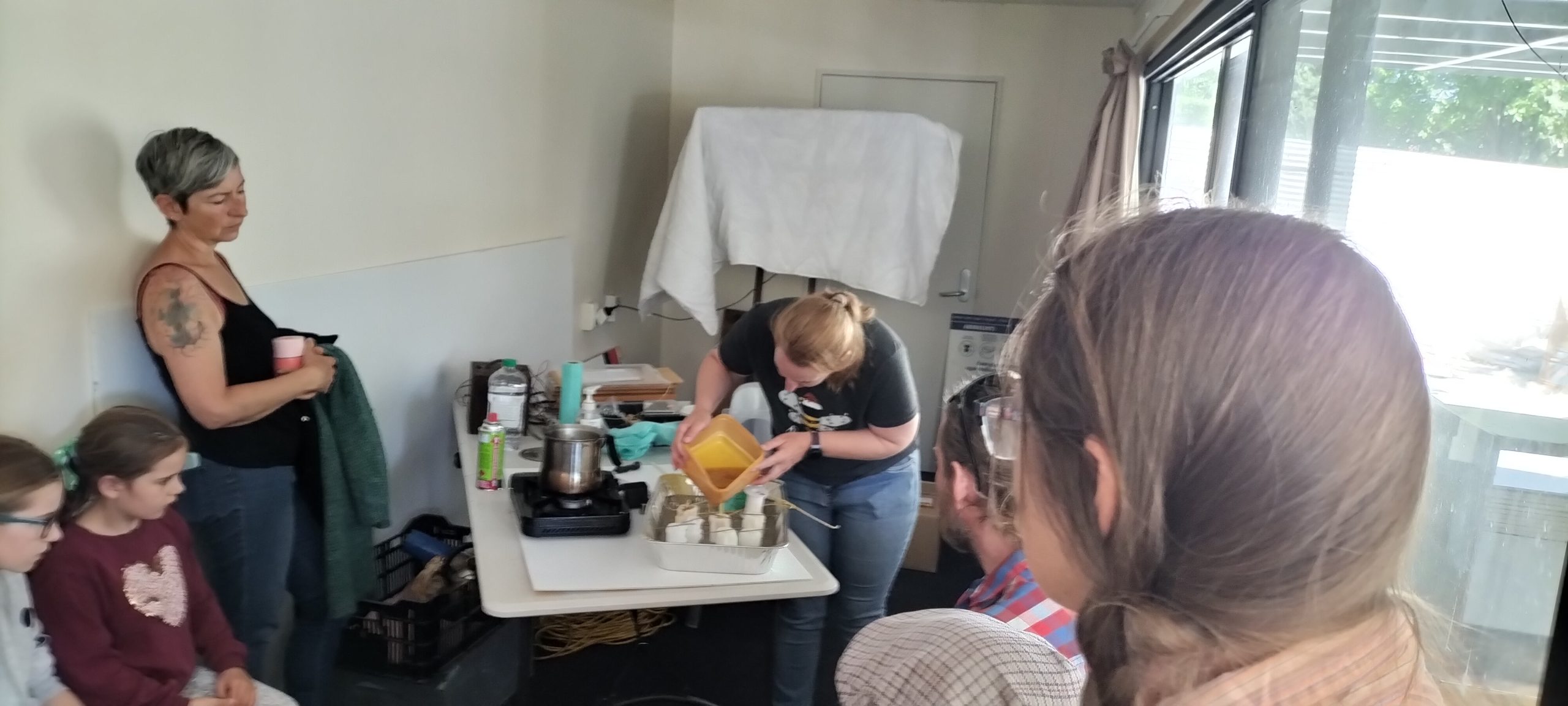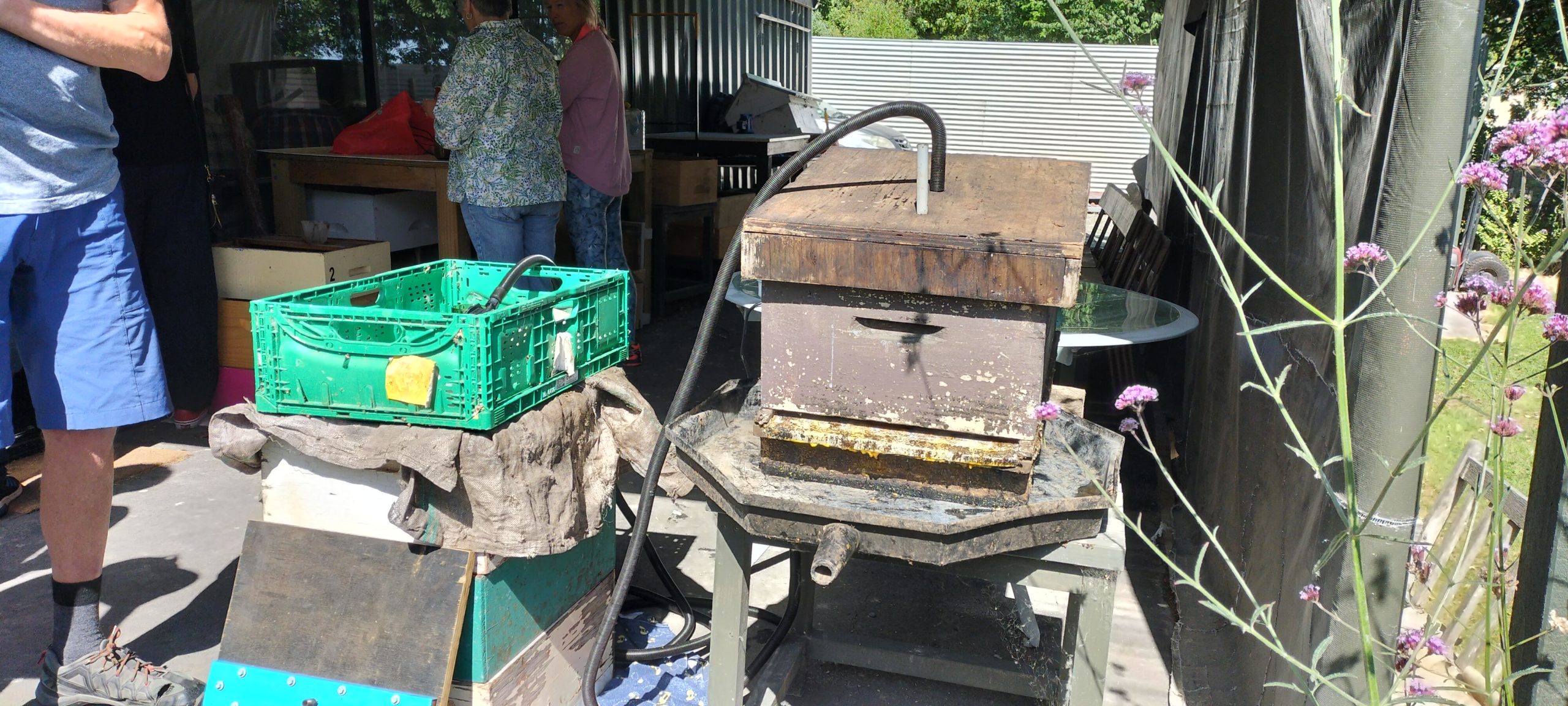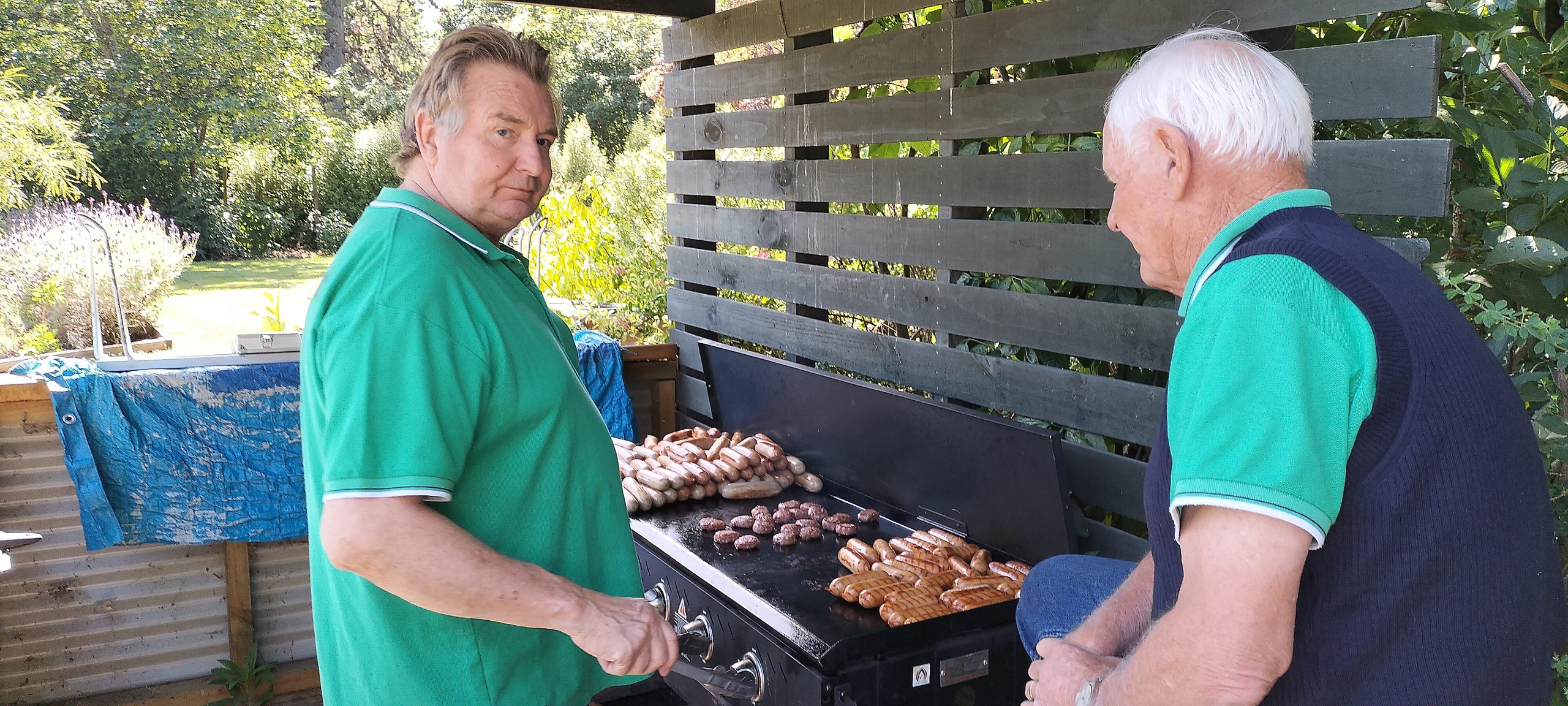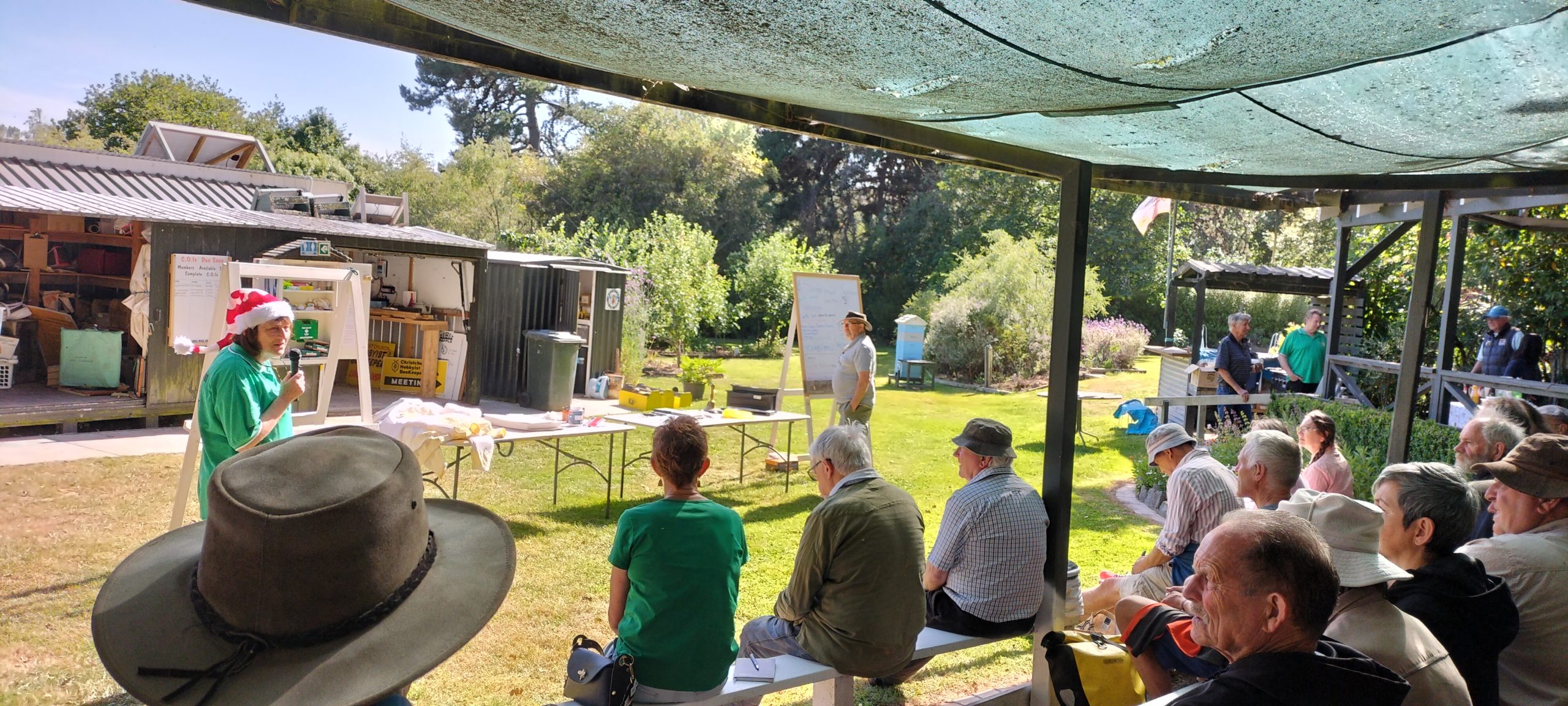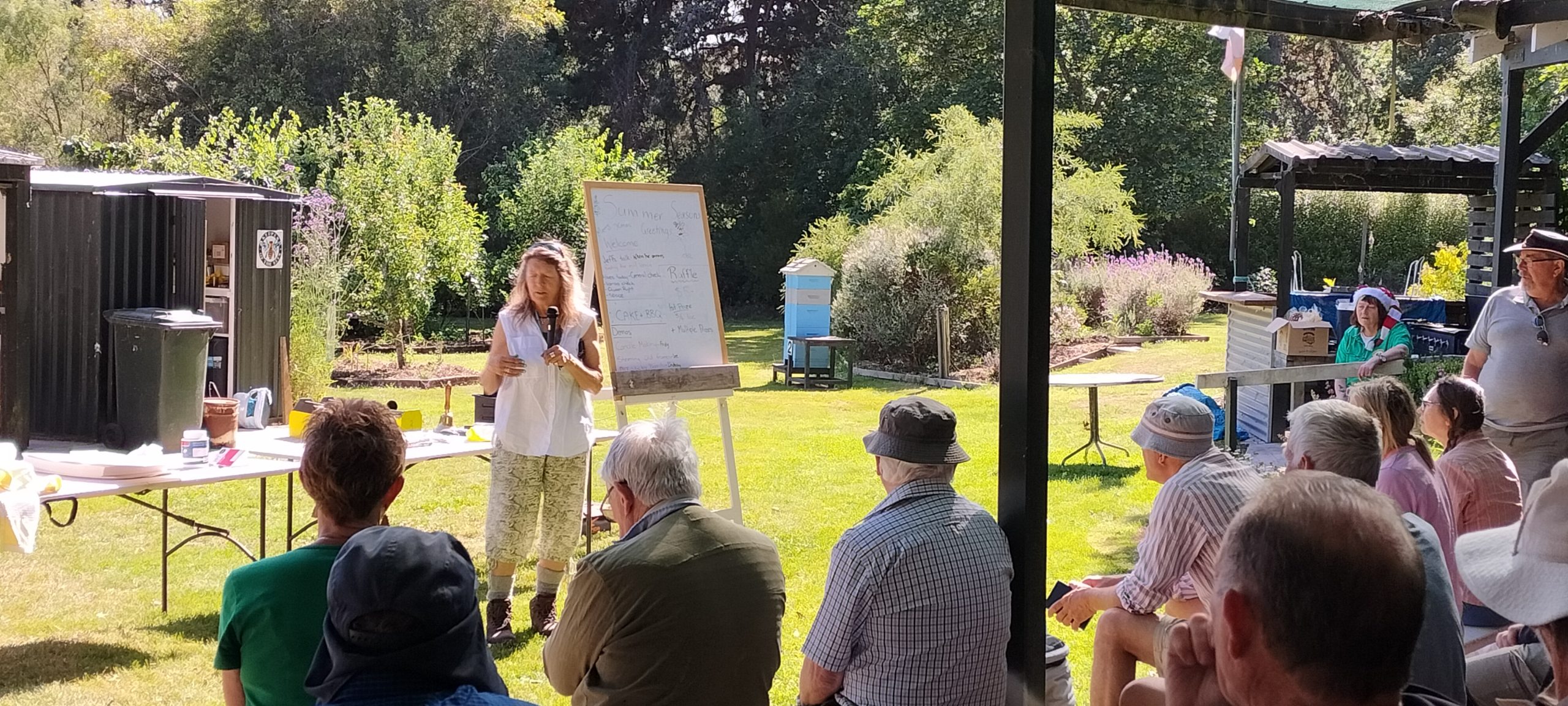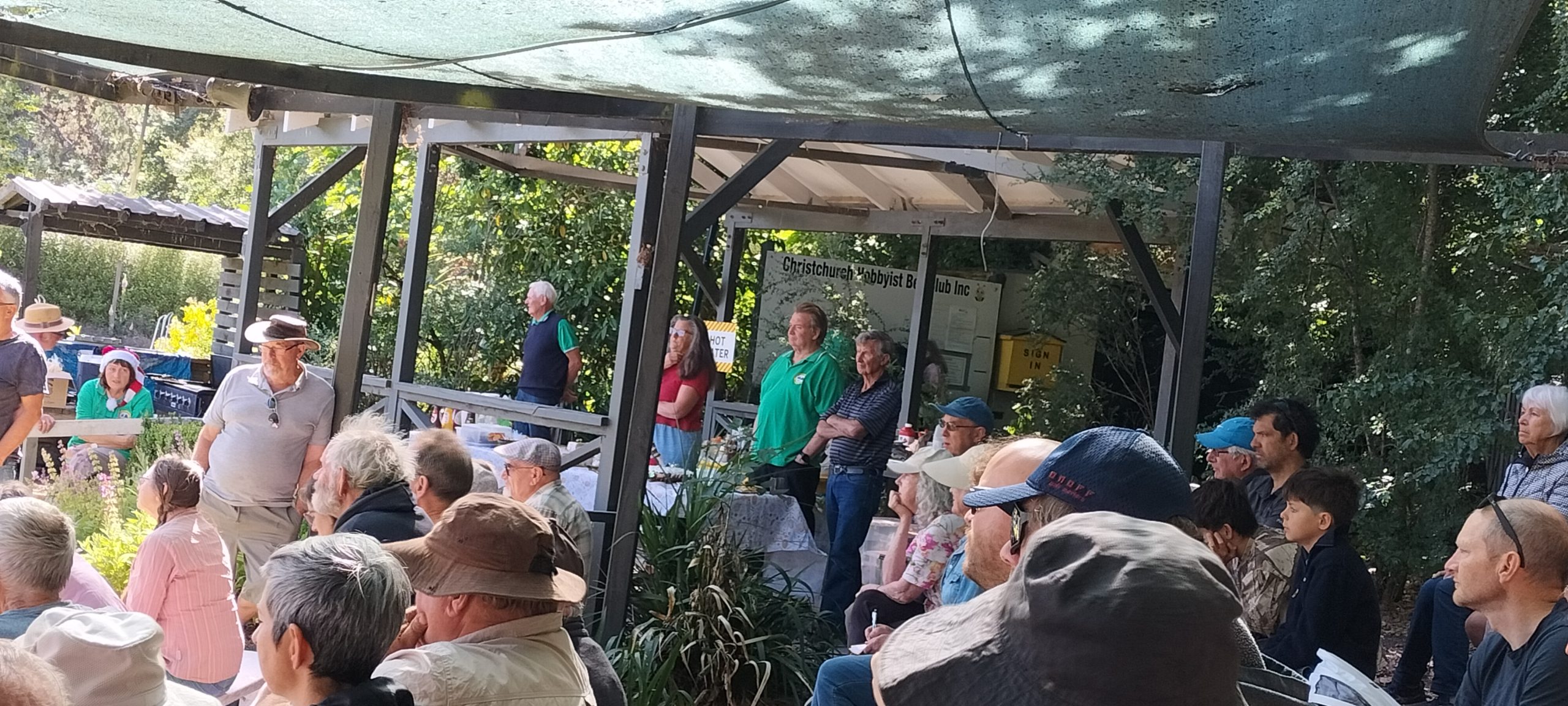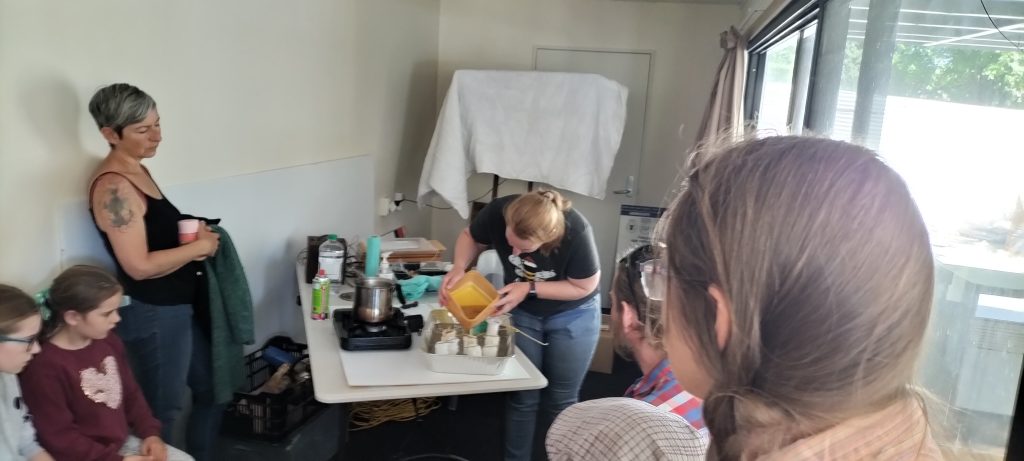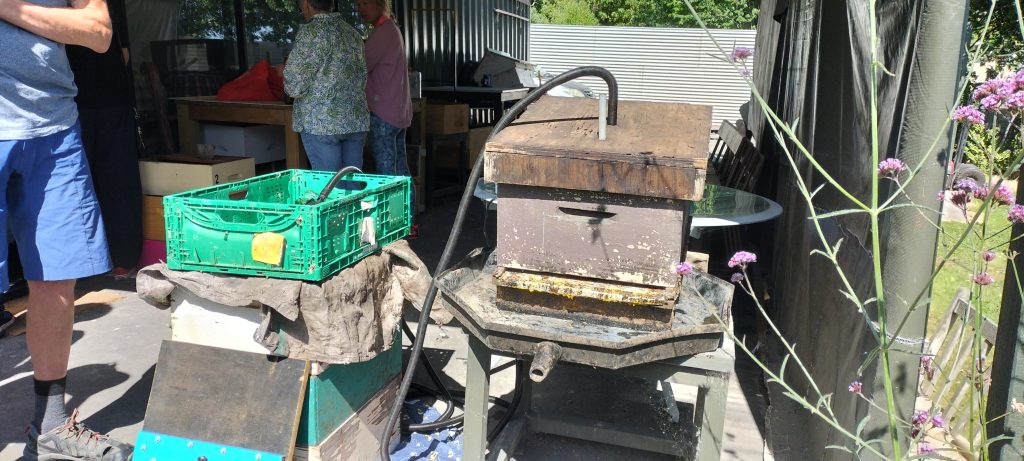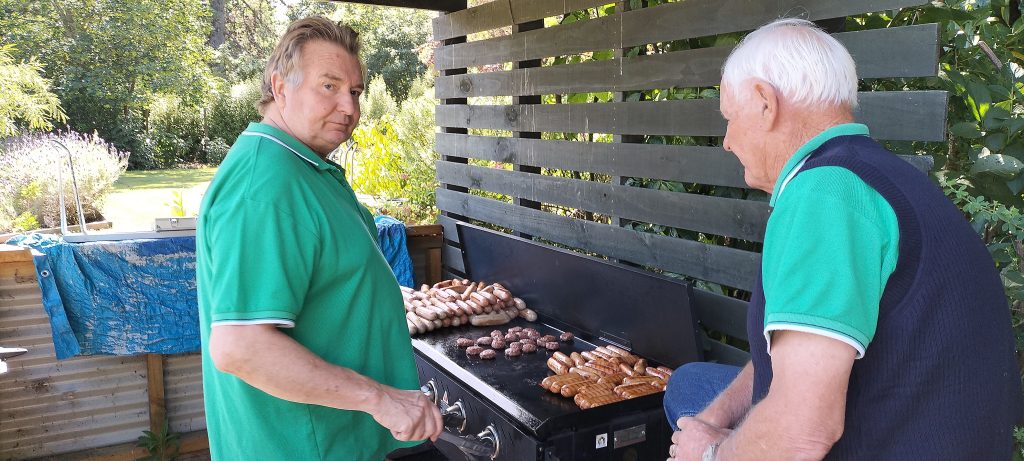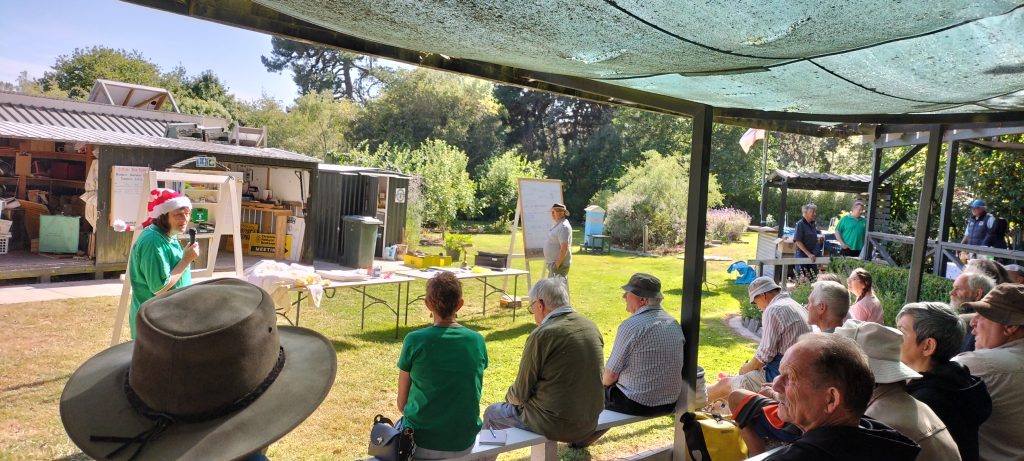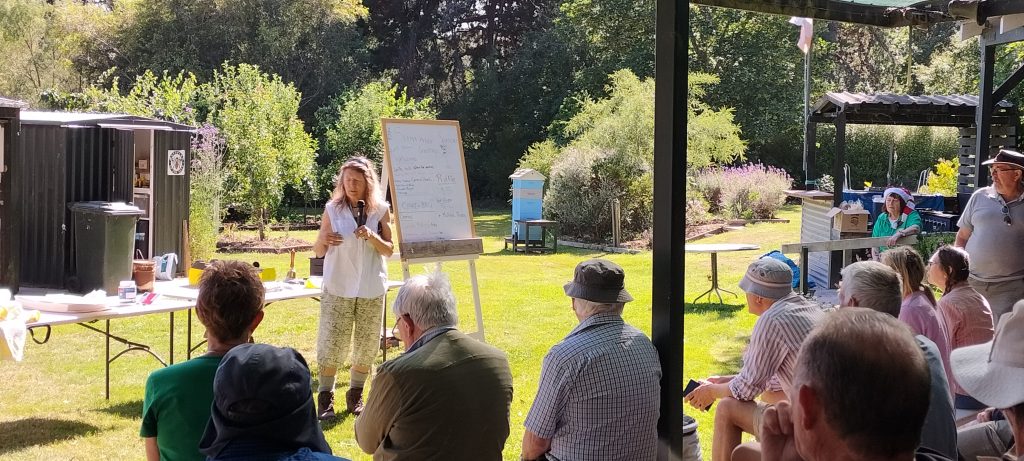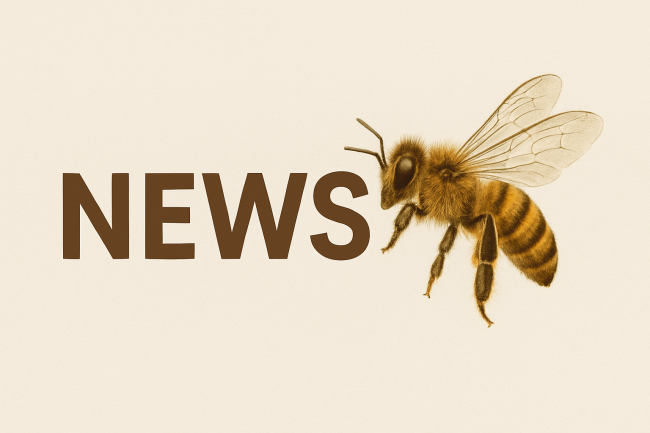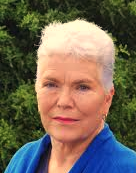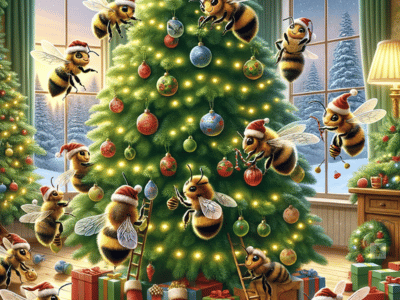Hello everyone
Spring has certainly started with a bang – already beekeepers are out and about checking hives, finishing off treatments and preparing for what we hope is a strong start to the Season.
At this time of year treatments, patties for improving/growing brood and foundation/frames/total frames for increasing hive numbers and honey supers, are the name of the game. So here is to being organised!! LOL
New Zealand Beeswax Ltd continues to offer Christchurch Beekeeping Club Members Varroa Treatments at special Club rates. Remember to rotate your treatments.
The following Treatments are available at special Club rates:
• Apivar – 2 x Strips per brood box – Various pack sizes. 4 Strip Packs at the special rate of $32.00 (normally $38.77). 12 Strip Packs at $75.00 (normally $83.66). 60’s packs at $360.00 per pack (normally $418.34)
• Bayvarol – boxes of 20 strips, individually packed in lots of 4 strips / 4 x strips per Brood Box. Priced for Club Members at $65.00 (normally $72.22) each box of 20 strips (800 strip boxes also available to Club Members at the 12+ carton rate of $1955.00)
• Formic Pro – 2 dose pack for 2 Hives. Organic treatment gets below capped cells. Best used in Spring/Summer. Requires 3 x consecutive 10+ degree days. Special Club price $30.00 (normally $37.38)
• Small pottles of Oxalic Acid (300 grams) at $9.00
Additional Club Specials
Bees are awake and hungry – make sure you maintain their food source as changeable Spring weather can knock hives back. Many Hives risk starvation at this time of year.
Order direct to tanya@beeswax.co.nz or ring us on 03 693 9189 ext 1 (Caroline) or 2 (Tanya)
• Easy Checks; (The genuine Easy Check!!) @ $30.00
• Fondant – $9.00 per pack
• Megabee Patties 5 kg Box (made at our Orari Premises) with/without Hive Alive additive. Can be frozen.
5kg Megabee Patties (Standard) @ $47.00 (normally $52.90).
5kg Megabee Patties with Hive Alive @ $52.00 (normally $59.80)
• Hive Alive 100mls (proven bee gut health and stops sugar syrup from fermenting. $30.00
As always – NZ Beeswax can supply all your Beekeeping requirements. Foundation, Frames, Feeders, Storeys etc, as well as the best bee nutritional products and varroa mite treatments.
Order early and I can deliver to your next Meeting on October 5th to save additional courier costs
